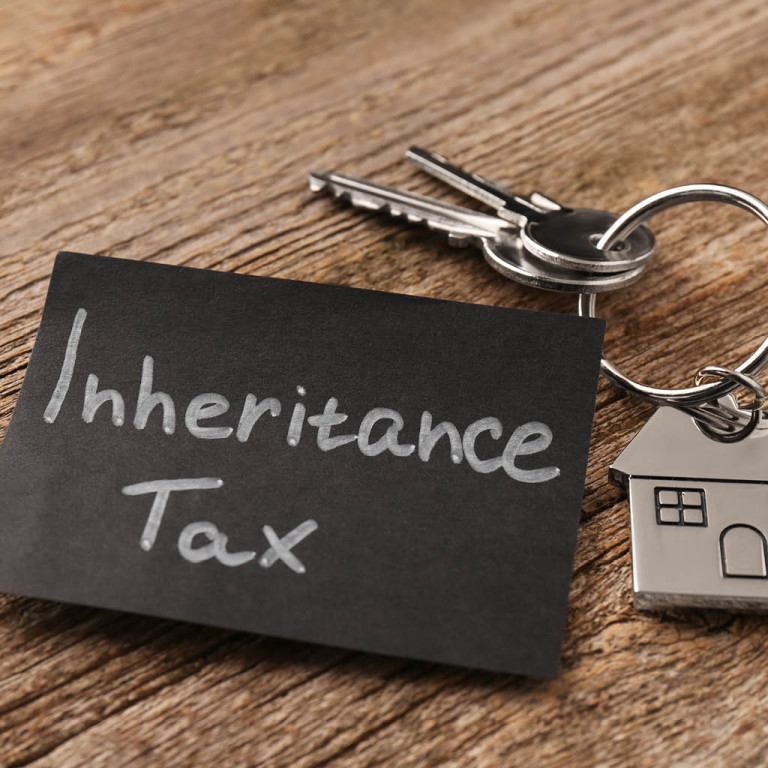All eyes are on the Chancellor this month as she delivers the Autumn Budget, Labour's first since winning the election. There's been much discussion about whether this will bring reforms to Inheritance Tax and Capital Gains Tax. But what does this mean in practice – and should you be preparing for change?
With Labour's election promise that there will be no tax increases for working people, we know that income tax, VAT and employees' National Insurance contributions are off the table. This means speculation has been rife regarding reform to Capital Gains Tax and Inheritance Tax.
Changes to either would be equally impactful for those considering their long-term tax planning.
Whatever happens, the upcoming Autumn Budget on 30th October will be carefully scrutinised, as this will provide insight into the government's approach to managing the economy and addressing fiscal challenges.
Our Wealth Management team will also be watching closely to provide you with all the essential information about what any changes mean in practical terms.
Rumours of a rise in Capital Gains Tax
There have been various reports that we will see a rise in Capital Gains Tax to 39%. But Sir Keir Starmer has already responded to these, saying the speculation is "wide of the mark".
However, this doesn’t rule out changes to Capital Gains Tax. It may be that CGT rates will be aligned with income tax rates, or we’ll see tweaks to reliefs such as the Business Asset Disposal Relief (formerly known as Entrepreneurs’ Relief).
Is Inheritance Tax in the spotlight?
There's been no firm indication of Labour's approach to Inheritance Tax. The Chancellor will need to weigh up the benefits of any potential changes against the knock-on effects these could have.
Current rules provide a nil-rate band on the first £325,000 of an estate, with 40% charged on any amount above that. This has been the case for many years and, despite some headlines suggesting there will be an Inheritance Tax 'hike' to 50%, this seems unlikely, as it would be a very unpopular move.
The nil-rate band has previously been frozen until 2028. While a growing number of estates have been subject to Inheritance Tax due to the £325,000 threshold and rising house prices, it seems equally unlikely that this will be reduced.
Instead, the government may well look at the scope of certain exemptions and reliefs. In particular, Business Relief and Agricultural Relief may be targeted, which would be significant for those who own business or agricultural assets.
Other areas that could be under review include:
· gifting rules, especially the seven-year limit on charging Inheritance Tax following gifts between individuals
· ending the inheritance tax exemption on pensions
Helping you put Budget changes into context
Labour has remained largely circumspect on its specific stance towards Inheritance Tax and Capital Gains Tax.
These ‘wealth taxes’ may be more vulnerable to reform but, without any concrete information, the prudent course of action is to wait to see what measures the Chancellor introduces in the Autumn Budget on 30th October – as always, the ‘devil is in the detail’! In addition, any amendments to the current rules may not be introduced immediately, which would give individuals some time to plan for these.
One thing we can be certain about is that our Wealth Management team will be here to put any changes in context for you, with advice to help you adapt your tax planning strategies accordingly.
How Tozers can help
Our Inheritance Tax and estate planning experts in the Wealth Management team help you plan for the future, with straightforward legal advice to protect yourself and your family.




